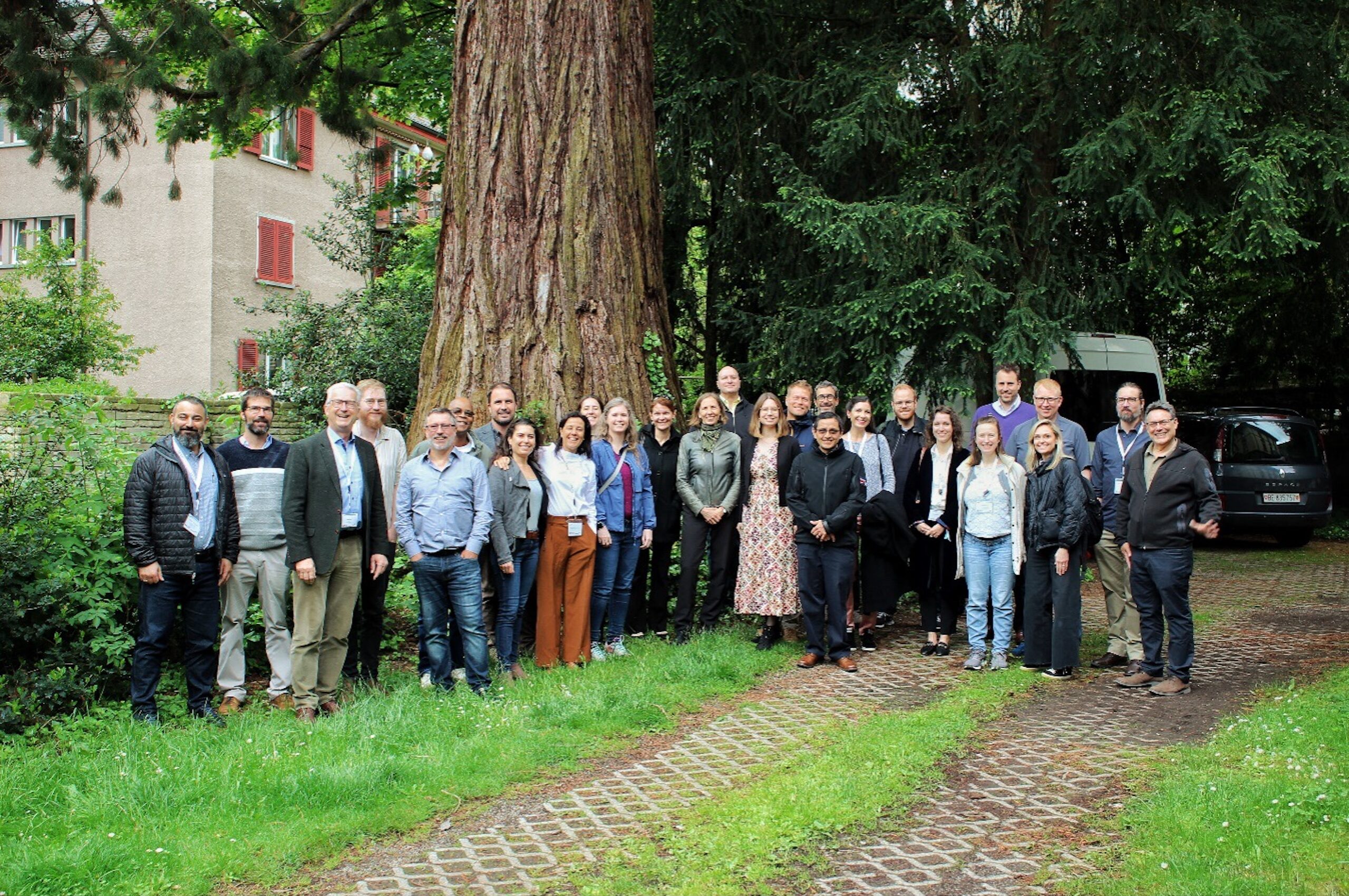
ISSI Forum, 14–17 May 2024
Coastal Blue Carbon from Space
International experts converge to explore the role of Earth Observation in enhancing blue carbon ecosystems for climate change mitigation.

ISSI Forum, 14–17 May 2024
International experts converge to explore the role of Earth Observation in enhancing blue carbon ecosystems for climate change mitigation.
The Coastal Blue Carbon from Space Forum successfully took place from May 14th to May 17th, 2024, at the ISSI premises in Bern, Switzerland. Organized jointly by ESA and NASA with the support of ISSI, it gathered 24 participants from 14 different countries across six continents (North America, Central America, Africa, Australia, Europe, Asia), with diverse and complementary expertise in the realm of blue carbon including remote sensing and in-situ observations experts, blue carbon ecosystems and climate change ecologists, marine biologists, and representatives of international organizations and NGOs (IPCC, UNESCO, Wetland Internationals, Conservation International, the Nature Conservancy, GRID-ARENDAL).
Coastal blue carbon ecosystems (mangroves, seagrass and salt marshes) provide highly valuable services to humankind, including outstanding carbon sequestration and storage, which leads them to play a key role in global climate change mitigation. However, their health is under enormous threat due to human activities and climate change impacts.
Participants were called to brainstorm on how Earth Observation (EO) data can best be used to support policy and user needs, in particular the ambition cycle of the Global Stocktake of the Paris Climate Agreement, and contribute to carbon credits and voluntary carbon markets, and the role of Monitoring, Reporting and Verification (MRV) strategies. The use of EO data to enhance the monitoring and prediction of external driver effects on ecosystem health and their carbon stocks/sequestration potentials was also discussed, together with EO capability to quantify the impact of blue carbon ecosystem conservation and restoration on their climate change mitigation capabilities. Moreover, the status of EO capabilities to map blue carbon ecosystem extent, carbon stock and change was discussed together with the main gaps and upcoming opportunities for improvement.
The forum, organized around plenary and breakout sessions, triggered three days of engaging, insightful, and thought-provoking discussions. A forum summary is under preparation together with a perspective paper on the role for improved Earth Observations to boost blue carbon ambition.
